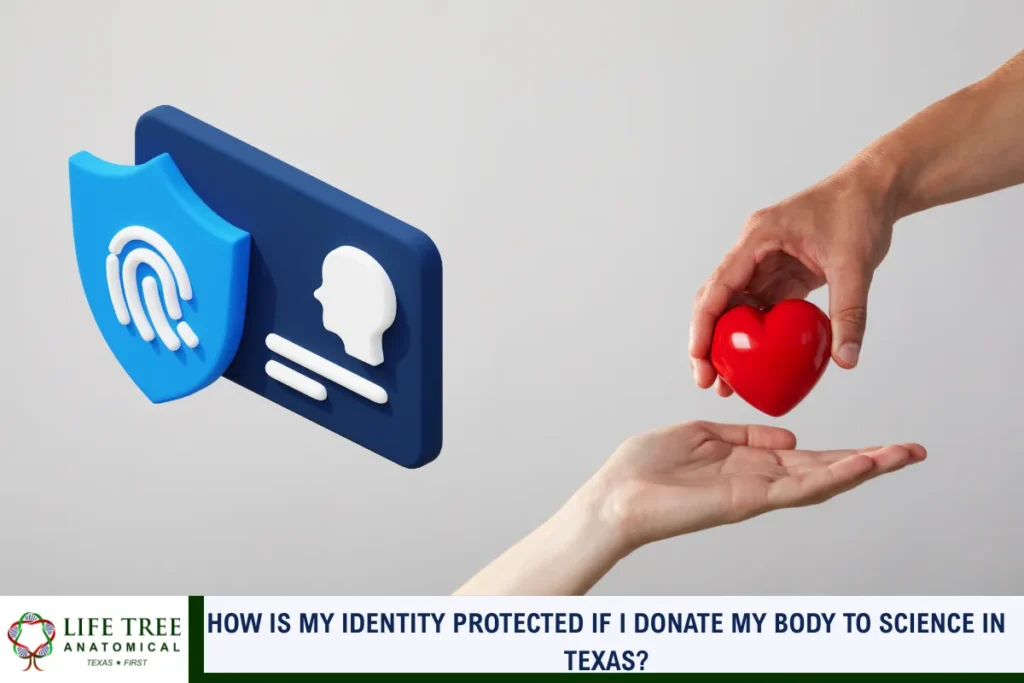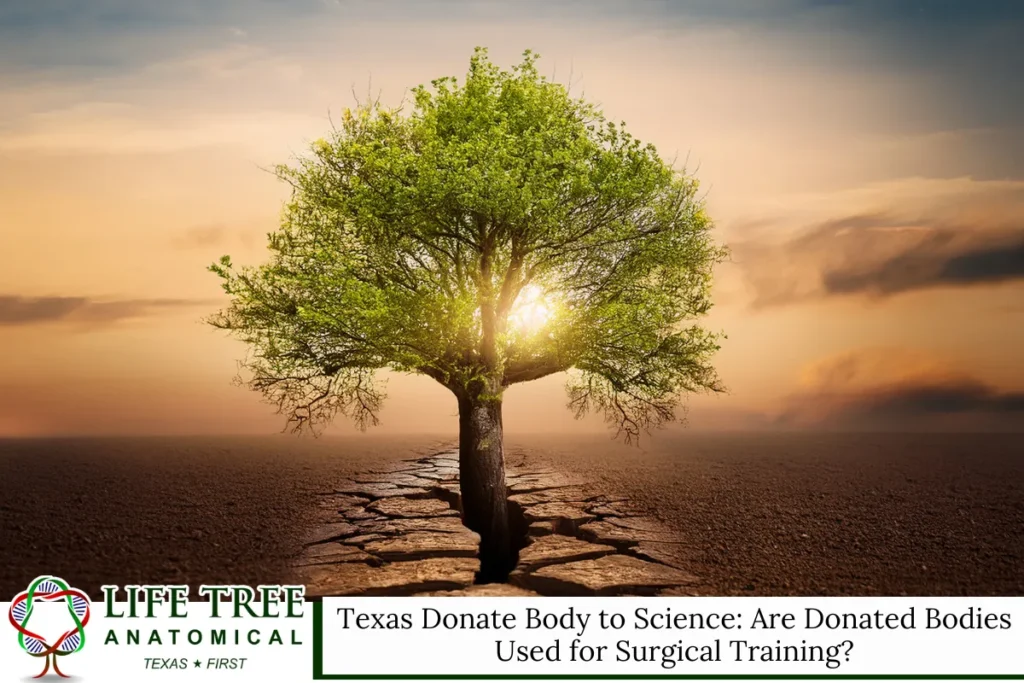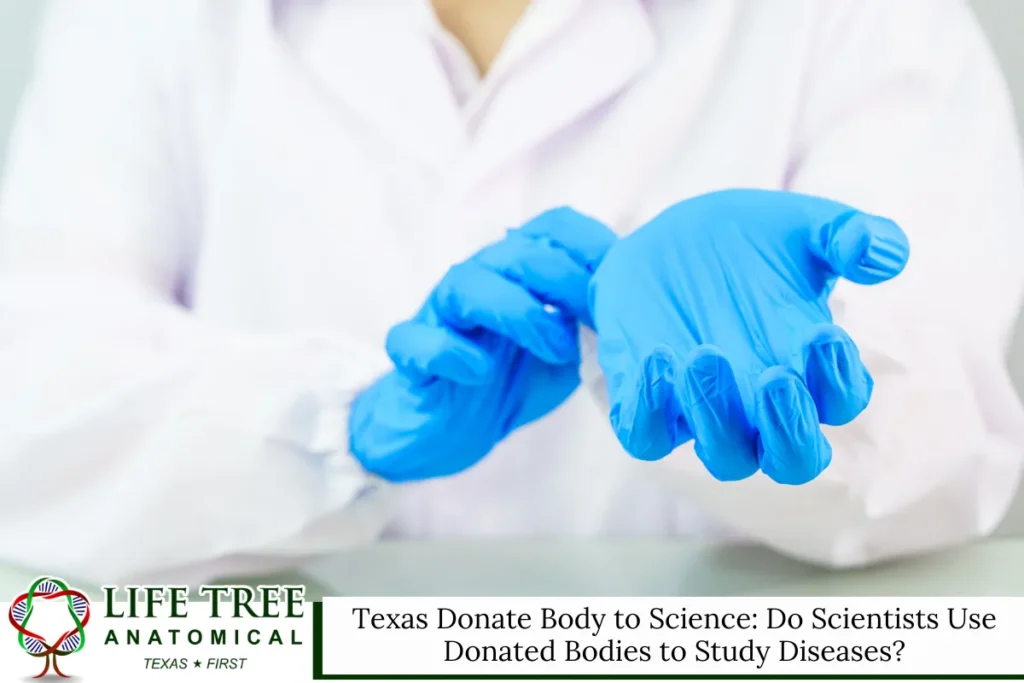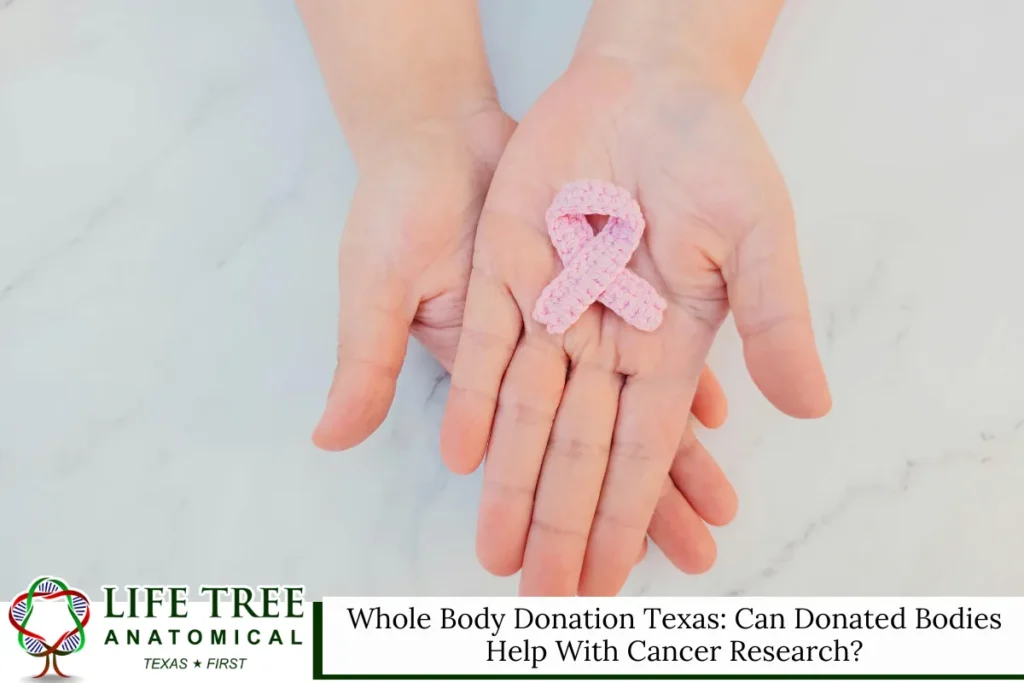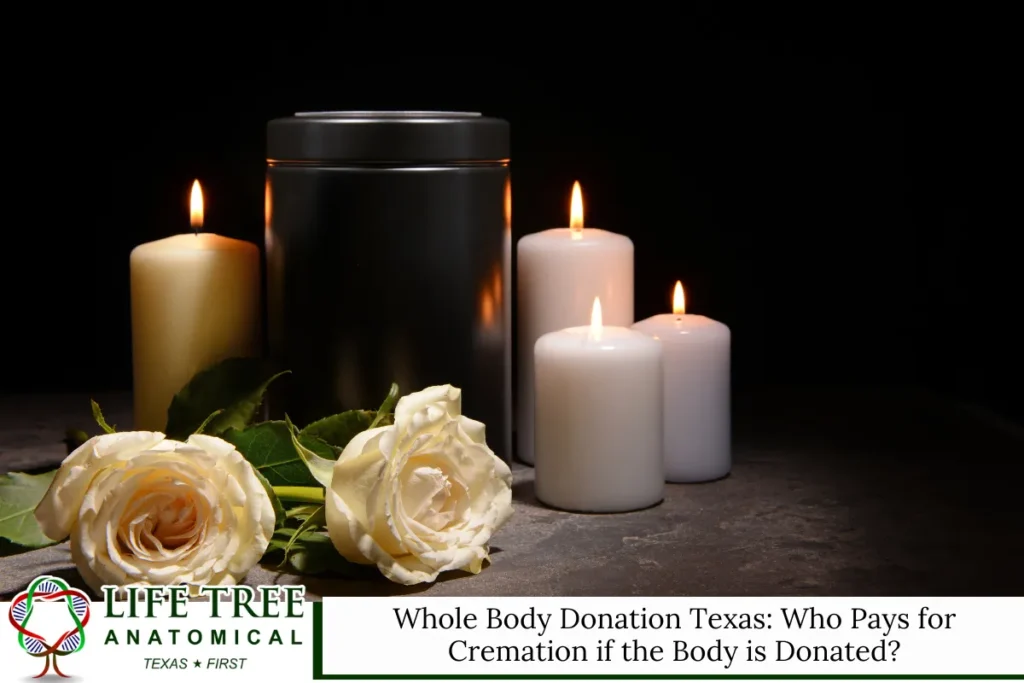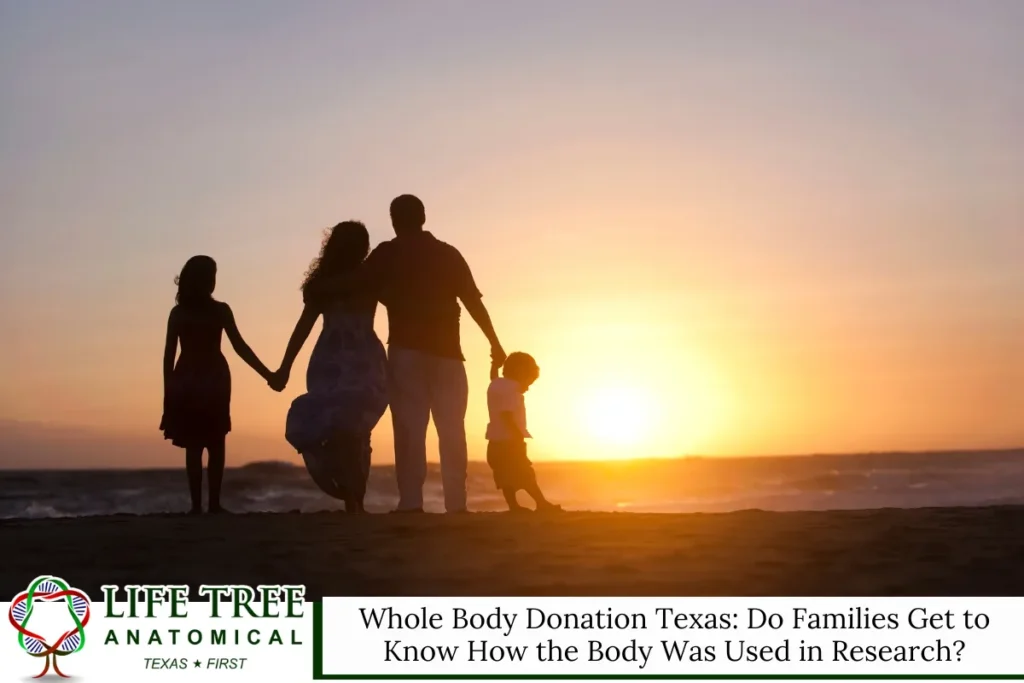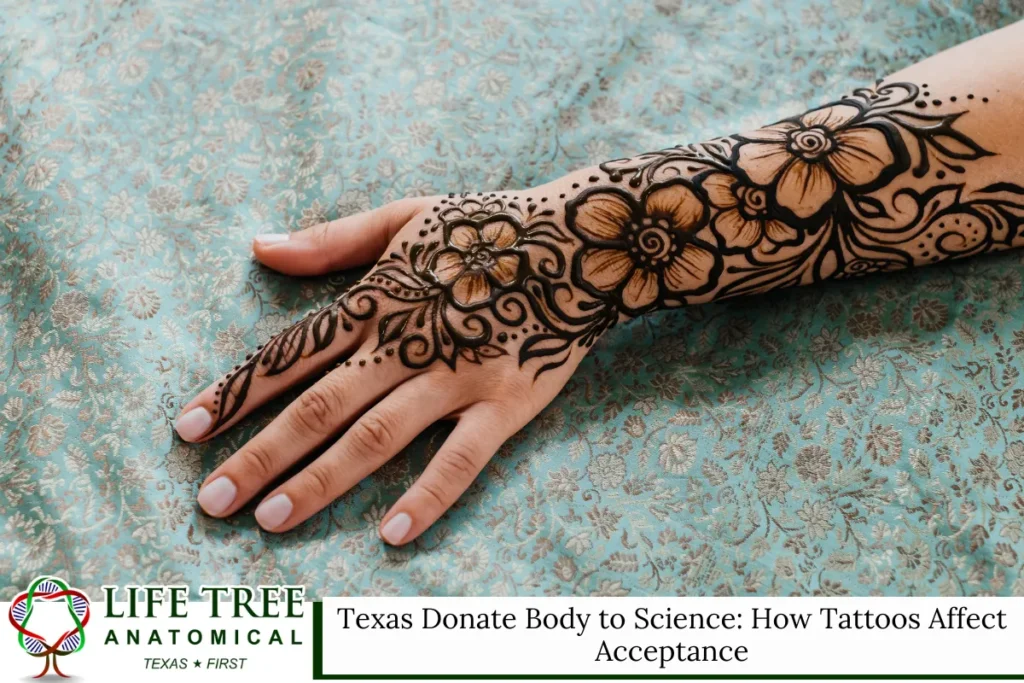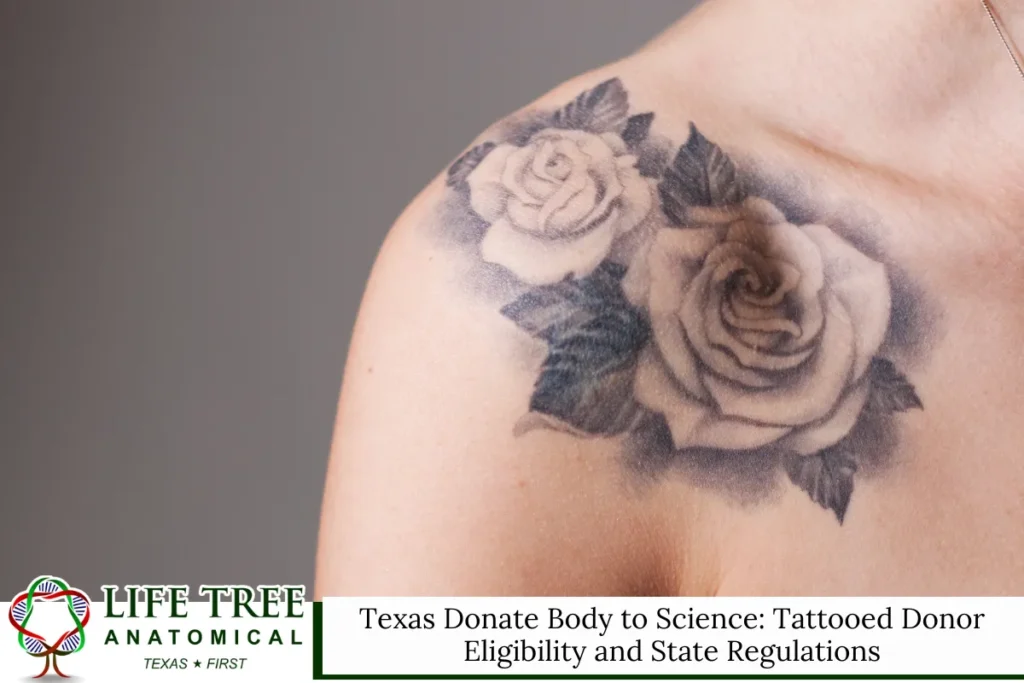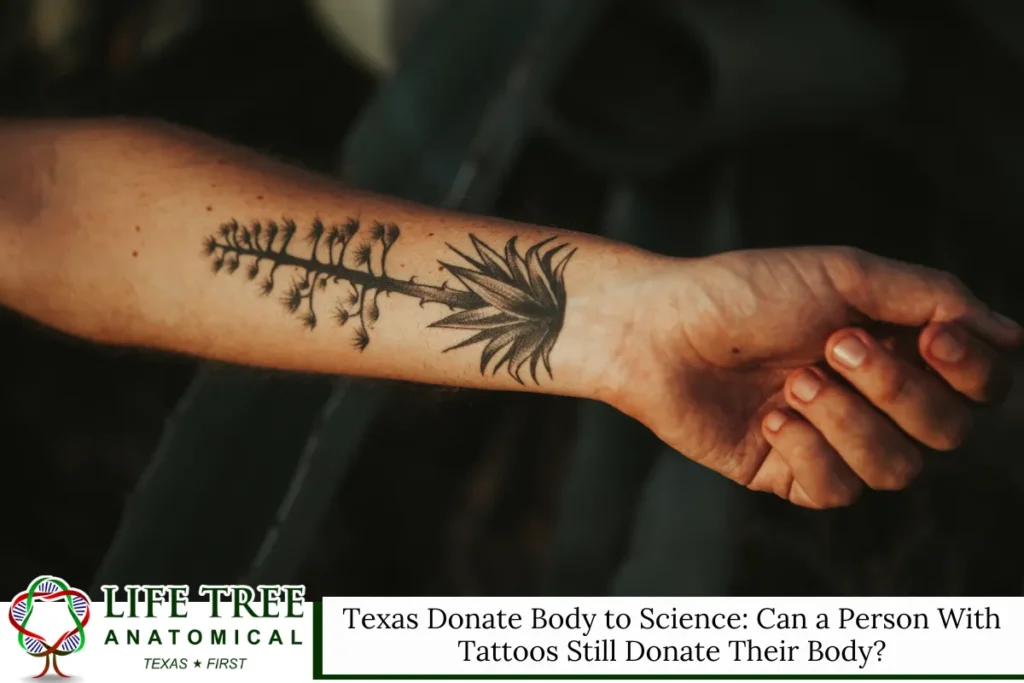When individuals choose to donate body to science in Texas, one of the most common concerns is whether their identity will be protected. Donating your body for medical education, scientific research, or forensic studies is an honorable and impactful choice, but it naturally raises questions about privacy and dignity. In Texas, willed body programs, whole body donation organizations, and legal frameworks work together to ensure that donor identity remains confidential from the moment of donation through final disposition.
This article explores how your identity is protected when you decide to donate your body to science, the systems in place to safeguard your information, and how these practices comply with state regulations and institutional ethics.
What Happens When You Choose to Donate Body to Science in Texas?

Whole body donation in Texas involves gifting your body to a medical school, research facility, or forensic institution for educational or scientific purposes. This process typically falls under a willed body program, where individuals or their families prearrange donation by registering in advance or making a decision at the time of death.
Institutions That Accept Whole Body Donations
Texas is home to several well-respected institutions with body donation programs, including:
- Medical schools affiliated with public universities
- Forensic anthropology research facilities
- Anatomical science organizations
Each of these institutions follows state laws and internal privacy protocols to ensure the respectful use and protection of donor identity. While the exact process may vary slightly from one organization to another, there are universal safeguards that maintain the confidentiality of every donor.
How Your Personal Information Is Kept Confidential

Maintaining donor confidentiality is a top priority for every willed body program in Texas. Institutions use multiple layers of protection to keep your identity secure and separate from educational or research activities.
Use of Internal Identification Numbers
When a donor’s body is received, it is assigned a unique internal identification number. This number replaces all personally identifying information during the course of anatomical or scientific use. No names, addresses, or other personal data are made available to students, researchers, or instructors.
This system ensures that:
- Students studying human anatomy do not know who the donor was.
- Researchers cannot link specimens to real-world identities.
- The dignity and privacy of the donor are preserved throughout the process.
Secure File Management Systems
All personal information submitted by the donor or their family is stored in secure, encrypted files maintained by authorized staff. Access is limited to essential personnel responsible for program administration. These systems include:
- Encrypted digital records
- Locked file storage for physical documentation
- Access logs for any data retrieval
Records are maintained according to state law and institutional policy, typically until after the body has been cremated and returned to the family, if requested.
Texas State Laws That Protect Donor Identity

Texas has specific legal protections in place for individuals who choose to donate their body to science. These laws govern how information is handled and ensure compliance across all programs.
The Uniform Anatomical Gift Act – Chapter 692A
This section of the Texas Health and Safety Code outlines:
- Who can make an anatomical gift
- How that gift is documented and revoked
- How donor information must be transmitted and stored
Importantly, it prohibits the commercial sale or misuse of donor information and requires that all records be securely maintained.
The Glenda Dawson Donate Life–Texas Registry
While primarily associated with organ and tissue donation, this registry plays a role in anatomical gifts. Texas law requires secure, encrypted transmission of donor data from the Department of Public Safety (DPS) to the registry.
Key privacy protections include:
- No public access to registry data
- Prohibition on data use for marketing or fundraising
- Secure handling of all identifiable information
Institutional Oversight Ensures Compliance and Ethics

Texas body donation programs do not operate in isolation. Each institution has oversight mechanisms in place to guarantee that donations are handled ethically and confidentially.
Institutional Oversight Committees
These internal bodies:
- Review donation protocols
- Monitor data privacy procedures
- Audit access to sensitive files
- Ensure compliance with ethical and legal standards
They help enforce rules regarding donor anonymity and make sure that only trained, authorized individuals handle any identifying information.
Researcher and Student Agreements
Before any educational or research use, students and researchers often sign confidentiality agreements. These contracts prohibit the attempt to discover or discuss the identity of donors and include disciplinary consequences for violations.
Some institutions also provide orientation sessions explaining:
- The ethical use of donated bodies
- The requirement for respectful handling
- The procedures in place to maintain anonymity
What Families Should Know About Identity Protection
For many families, the thought of a loved one’s identity being exposed or misused can be unsettling. Texas body donation programs understand this concern and provide transparency throughout the process.
Communication and Documentation
Upon enrolling in a willed body program, donors and families receive clear documentation outlining:
- How personal information is handled
- Who has access to records
- The expected use period of the donation
- What happens after educational/research use is complete
Families can also ask questions and request updates during the process. Some institutions offer a final report confirming the respectful use and return or disposition of remains.
Opting for Anonymous Public Recognition
Some donors or families may wish to be acknowledged for their contribution. Programs sometimes host annual ceremonies to honor all donors without revealing names. This allows recognition while maintaining anonymity.
Final Disposition and Continued Privacy After Use
Once the educational or research purpose has been fulfilled, the donor’s body is treated with care during the final disposition process.
Cremation and Return of Remains
Most institutions cremate the remains at the end of the study period, which may last anywhere from a few months to two years or longer. The ashes are:
- Returned to the family if requested during enrollment
- Scattered respectfully, according to program policy
At no point is personal identity revealed during cremation or final disposition.
Permanent Record Retention
Although the body is no longer in use, some identifying information is securely archived. Texas law requires institutions to retain certain records for future reference, compliance, and donor tracking. These are:
- Stored in secure archives
- Not publicly accessible
- Only available to authorized personnel
New Legislation Strengthens Tracking and Transparency
In recent years, updates to Texas laws have introduced new protections and standardized practices across donation programs.
Senate Bill 2721 (Proposed 2025)
This legislation proposes:
- The use of universal tracking forms with donor-specific codes
- Mandatory, permanent retention of donation records
- Uniform handling practices for all Texas institutions
If enacted, it will further reinforce the anonymous, respectful handling of all anatomical gifts across the state.
Comparing Whole Body Donation vs. Organ Donation Privacy

While both whole body donation and organ donation serve critical roles in medicine and research, they differ in how identity is handled and protected.
Organ Donation – Medical Urgency and Identity Limits
Organ donation is typically conducted under urgent medical circumstances. Though hospitals protect personal information, the transplant process may include limited disclosure to recipients or medical personnel.
Key points:
- Recipients may receive general donor information (age, gender, cause of death) but not names.
- Some organ recipients and donor families may choose to communicate voluntarily through a monitored process.
- Organ donors are listed on driver’s licenses or through the Donate Life Texas registry.
Whole Body Donation – Structured Privacy and Long-Term Use
Whole body donation, in contrast, operates under a slower timeline, with extensive planning and strict institutional controls. Donor identity is more tightly protected because:
- The donation is often used over months or years for teaching or research.
- There is no direct contact with “recipients.”
- The donor’s identity is separated from their body at the point of intake.
This structural difference gives whole body donation programs the ability to maintain complete anonymity from beginning to end.
Steps You Can Take to Ensure Your Privacy
If you’re considering donating your body to science in Texas, you can take proactive steps to protect your privacy and make sure your wishes are honored.
Pre-Register with a Reputable Willed Body Program
Each major medical or research institution in Texas has a willed body program with clear procedures for registration, consent, and privacy. Pre-registration allows:
- You to specify preferences in writing.
- Your family to be informed and prepared.
- The institution to confirm your eligibility in advance.
Look for programs affiliated with accredited universities or recognized anatomical boards.
Review Privacy Policies in Detail
Before signing any consent form:
- Ask how your data will be stored and who can access it.
- Confirm how long your records will be retained.
- Inquire about final disposition policies and options for anonymity.
You may request copies of these policies to keep with your personal legal documents.
Communicate Your Wishes Clearly to Loved Ones
Even though your legal consent is binding, your family should know:
- That you’ve chosen to donate your body to science.
- Which program you’ve registered with.
- How you expect your privacy to be maintained.
This ensures a smoother process at the time of death and avoids delays that could affect your donation.
Why Identity Protection Matters in Scientific Donation
Maintaining privacy in whole body donation is about more than data security—it is a matter of ethics, dignity, and public trust.
Preserving Human Dignity
Donors make a deeply personal decision when they choose to contribute to science. Anonymity:
- Preserves the dignity of their gift.
- Prevents misuse or sensationalism of their story.
- Reflects the respectful tone that institutions strive to uphold.
Programs that use donor bodies must treat them as individuals—not anonymous objects. Strong privacy safeguards reflect this respect.
Encouraging Public Participation
Many people hesitate to participate in donation programs due to fear their identity will be exposed. When institutions demonstrate strong privacy practices, it helps:
- Build public trust.
- Increase enrollment in donation programs.
- Improve the quality of education and research through diverse participation.
Anonymity is essential to making body donation a viable and appealing option for Texans from all walks of life.
How Medical Students and Researchers Are Trained in Confidentiality
Institutions go beyond technical education—they instill a sense of ethical responsibility in students and researchers working with donated bodies.
Ethics Training and Orientation
Before handling donor remains, medical students and research professionals are often required to complete training that covers:
- The ethical treatment of human remains.
- The importance of donor anonymity.
- Protocols for respectful study and communication.
This training ensures that those benefiting from whole body donation understand the personal nature of the gift.
Ceremonies of Gratitude
Many medical schools hold annual memorial services where students express appreciation for the donors and their families. These events:
- Do not reveal names unless the family agrees.
- Emphasize dignity and thanks.
- Reinforce the humanity behind science.
Such traditions help maintain a solemn and professional culture around whole body donation.
Key Takeaways for Texans Considering Whole Body Donation
If you are thinking about making an anatomical gift in Texas, here’s what you need to know about identity protection:
- Your name and personal details are never shared with students or researchers.
- All identifying records are stored securely with encrypted systems and limited access.
- Legal safeguards under Texas law prevent the misuse, sale, or unauthorized sharing of your data.
- Programs assign anonymous internal IDs to maintain strict confidentiality.
- Families can participate in the process, request information, and receive updates without compromising privacy.
- Final disposition is handled with dignity, including cremation and, if requested, return of remains.
By understanding how these protections work, you can make an informed decision about whether to donate your body to science—and rest assured your identity will remain safe and respected.
Making an Informed and Secure Decision
Donating your body to science is a powerful way to contribute to the advancement of medical knowledge and public health in Texas. Whether you’re motivated by a desire to help future generations, support medical education, or reduce funeral costs, your privacy is guaranteed through a comprehensive network of legal, ethical, and institutional safeguards.
Programs across the state—from medical schools to forensic anthropology centers—are committed to treating donors not just as educational resources, but as individuals who made a courageous and generous choice. When you choose whole body donation through a registered willed body program, your identity will be protected every step of the way.
If you’re ready to donate your body to science or want to learn more, reach out to a licensed Texas institution and ask about their privacy policies, enrollment options, and next steps.
Thinking “Where to Donate My Body to Science?” Contact Life Tree Anatomical – Texas Body Donation

If you’re asking, “Where can I donate my body to science in Texas?” — Life Tree Anatomical is here to help. We provide a respectful, secure, and legally compliant whole body donation program serving the entire state of Texas. Whether you’re planning ahead or need immediate assistance, our caring team will walk you through every step. We ensure your identity is protected and your contribution makes a lasting impact on medical research and education.
Call us today at (512) 402-8533 or fill out our secure contact form to begin your registration. Choosing to donate body to science is a meaningful decision — and Life Tree Anatomical is honored to serve your legacy with professionalism and care.
Frequently Asked Questions
1. Can I still have a memorial service if I donate my body to science?
Yes. Many families choose to hold a memorial or celebration of life without the body present. Since Life Tree Anatomical handles transportation and cremation after donation, you can plan a ceremony at your convenience, knowing your loved one’s wishes are honored.
2. Is there a cost to donate my body through Life Tree Anatomical?
No, there is no cost to donate. Life Tree Anatomical covers transportation, cremation, and death certificate filing. This can significantly reduce funeral expenses for your family.
3. What happens if I pass away outside normal business hours?
We offer 24/7 transport services across Texas. Whether it’s day or night, we’ll coordinate prompt and respectful pickup of the donor from home, hospital, or hospice care.
4. Will my family receive updates or communication during the process?
Absolutely. Our team keeps families informed at each step, from acceptance to final disposition. We also offer the option to return cremated remains if requested during registration.
5. Can someone with cancer, diabetes, or other medical conditions still donate?
Yes, in most cases. While there are some medical restrictions (like infectious diseases), many chronic conditions do not disqualify a donor. Contact us to review specific health questions confidentially.
Read Is Whole Body Donation the Same as Organ Donation in Austin, Texas?

